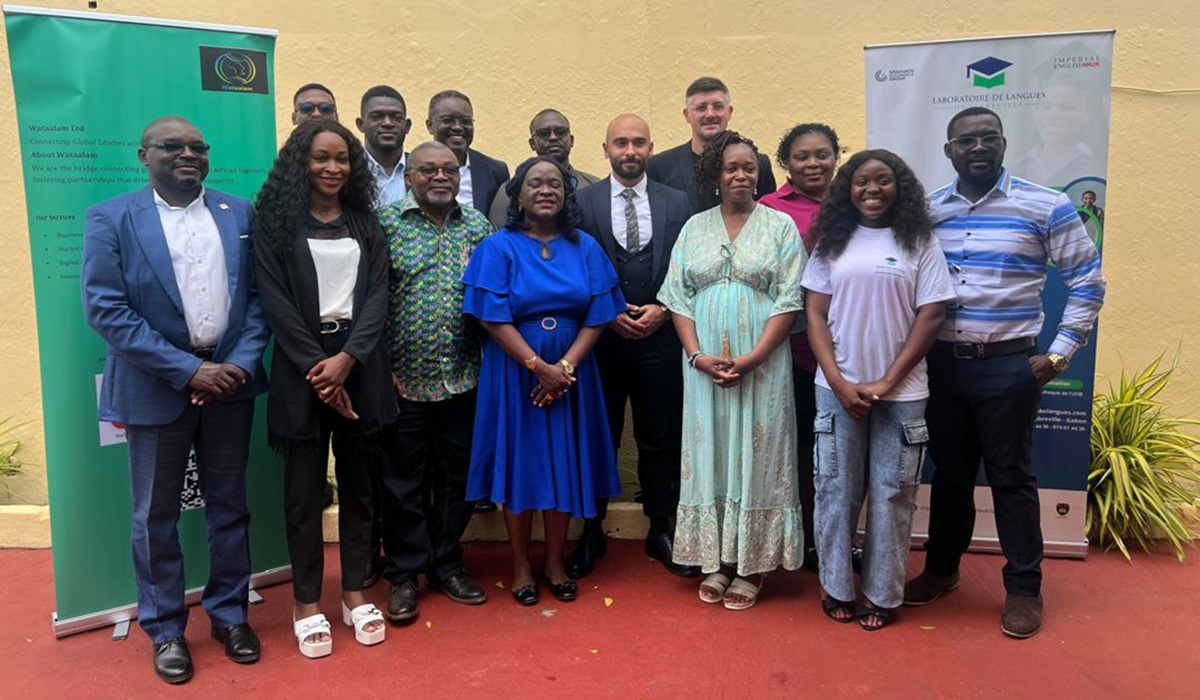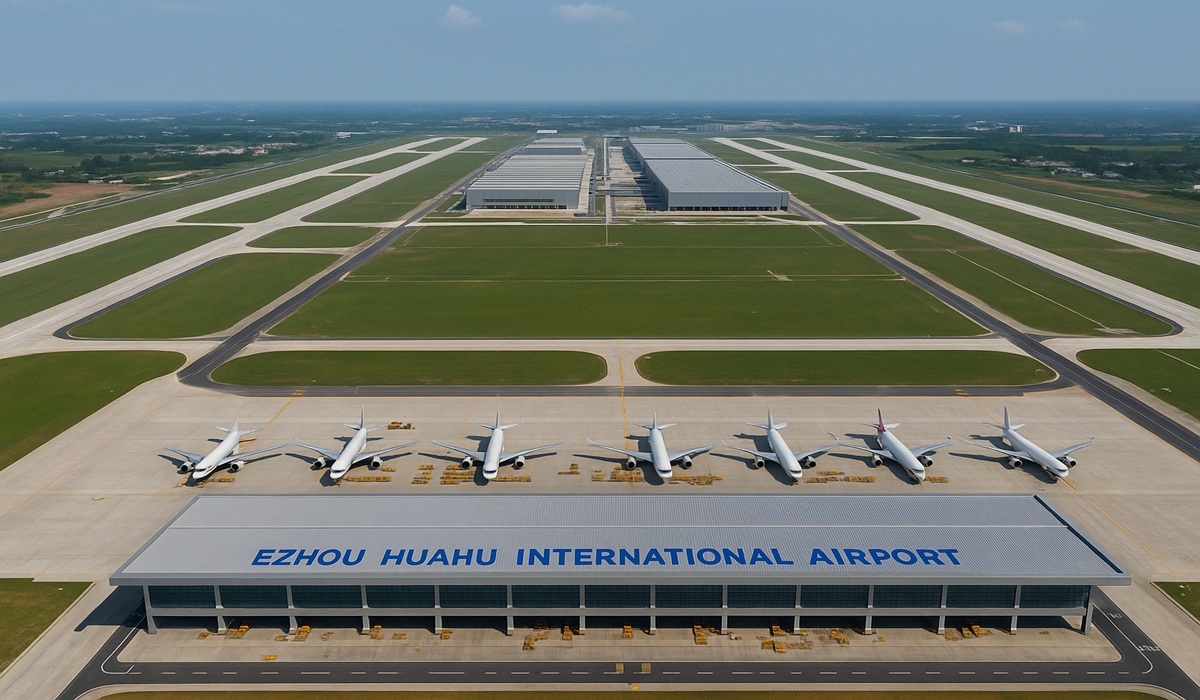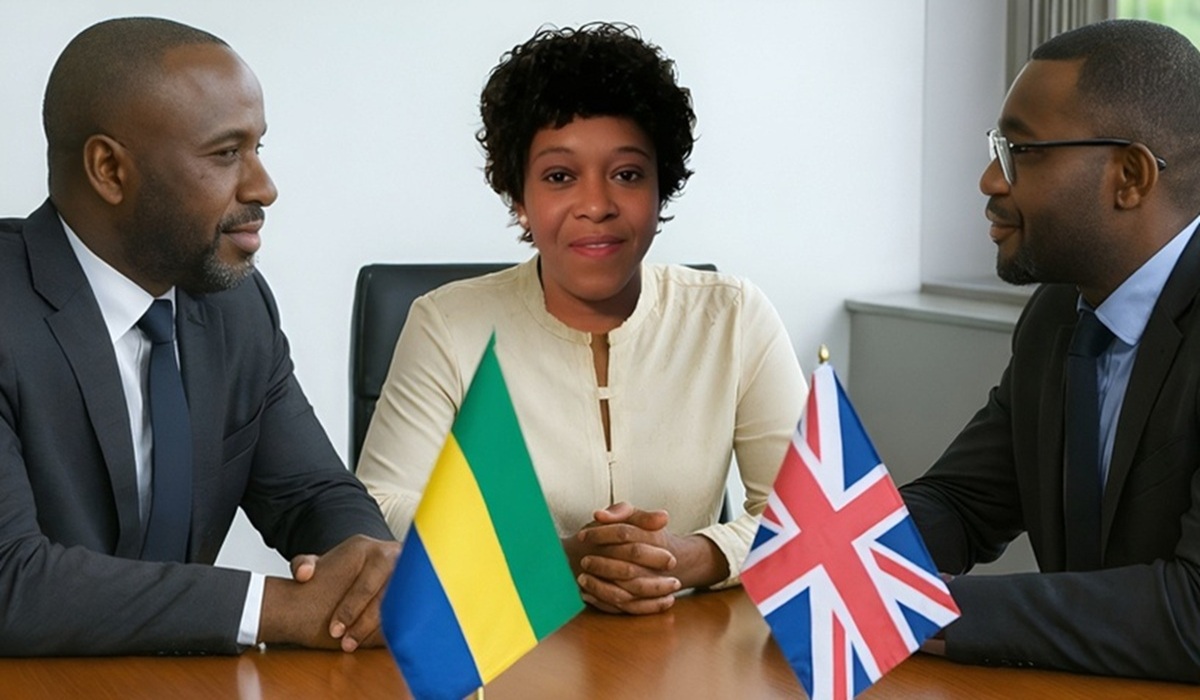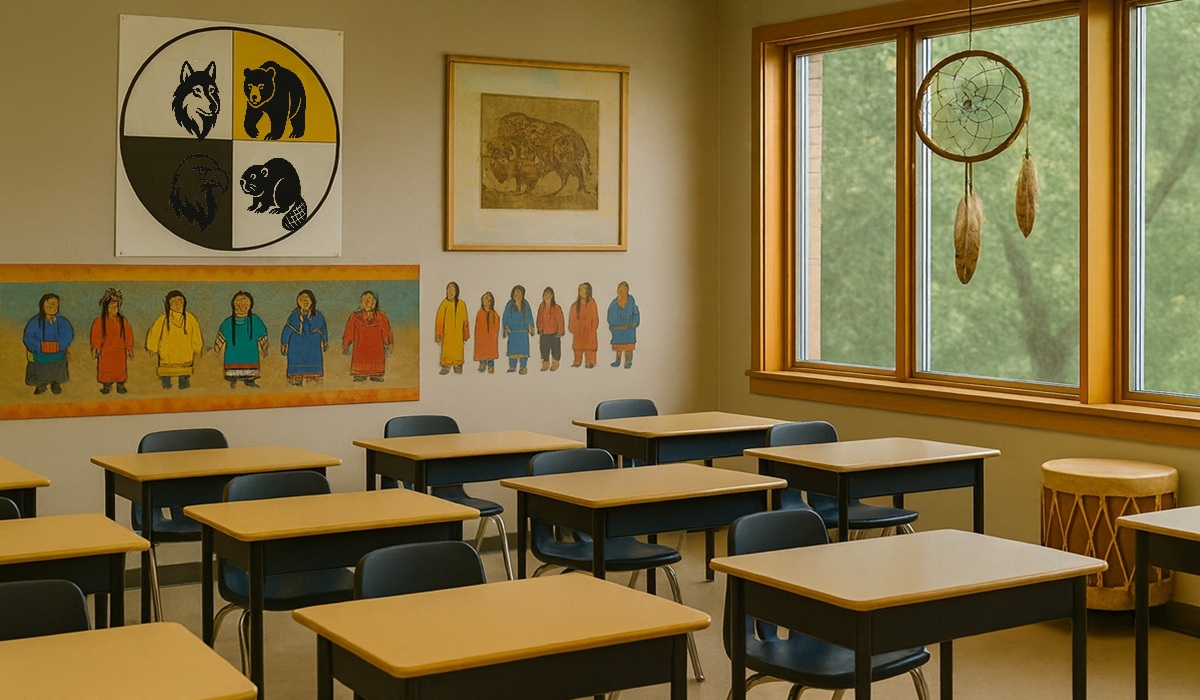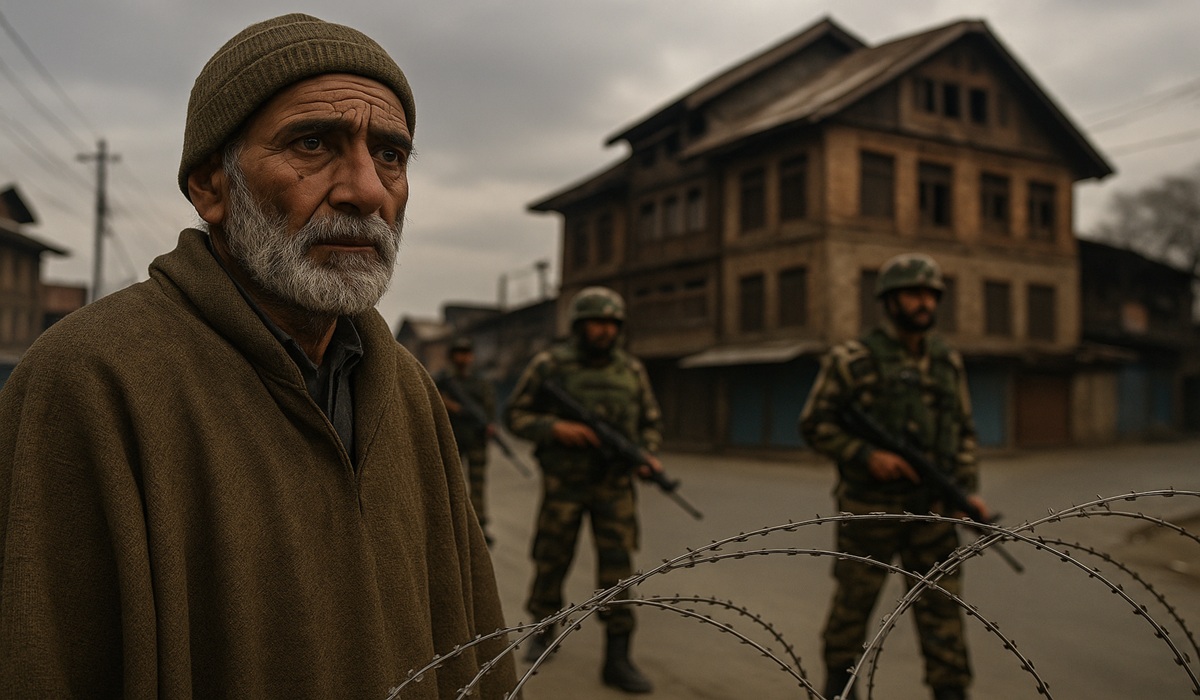Winnipeg, Are We Better Than This? Are We Our Brothers and Sisters’ Keeper?
- TDS News
- Trending News
- September 9, 2025
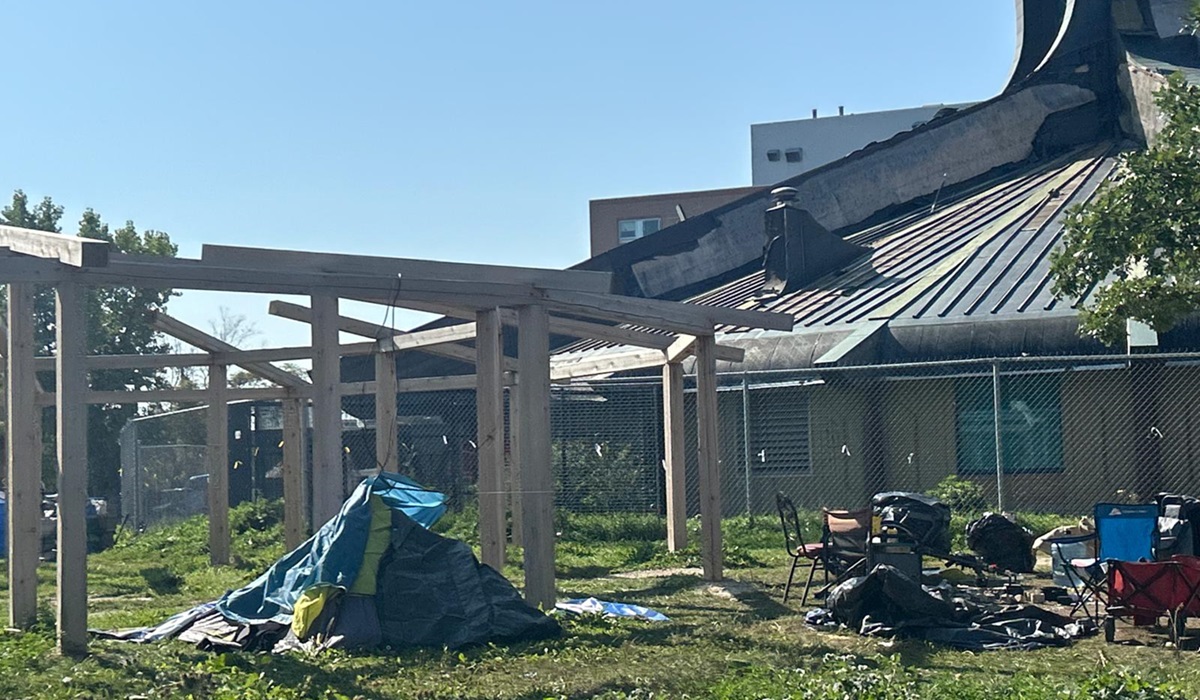
By Donovan Martin Sr, Editor in Chief
Walk down Main Street in Winnipeg and you can’t avoid it—the tents under overpasses, the makeshift shelters in vacant lots, the people huddled under bus benches in the rain. The crisis is not hidden in some far-off corner; it’s visible every day, right in the heart of our city. And yet, despite the millions poured into studies, commissions, and organizations that promise solutions, the problem is worse than ever. Depending on which report you read, more than 2,000 people in Winnipeg are confirmed homeless. Add the uncounted—the couch surfers, the ones tucked in the woods, the ones who fall between the cracks—and the true number may be closer to 5,000.
This isn’t just a crisis. It’s an indictment.
How do we, as a society, allow fellow human beings to freeze in winter, bake in summer, and drown in hopelessness while governments congratulate themselves on funding announcements and ribbon-cutting ceremonies? How do we tolerate leaders patting themselves on the back while a man shivers in rags by a bus stop with no shoes on?
At the most basic level, this is not just about housing. It’s about dignity.
Years ago, a Member of Parliament promised $100 million to end homelessness in Winnipeg. Back then, the numbers were smaller. The problem should have been easier to solve. Yet here we are—thousands more people are without homes, the crisis has deepened, and the money is gone. Where did it go? Into the pockets of organizations, consultants, administrators, and endless “task forces.” Into salaries, reports, and studies that gather dust while tents multiply.
We keep hearing about “new strategies,” “coordinated approaches,” “five-year plans.” But the results? Nothing that can be felt in the streets. Instead, we have firefighters—trained to save lives in emergencies—being sent to deal with people in distress on sidewalks. We have police responding to addiction and mental health crises they are not trained or resourced to solve. We have garbage scattered across the city from encampments, which sparks anger from residents and deepens stigma against those already at the bottom. And we have leaders shrugging, deflecting, and waiting for the next election cycle.
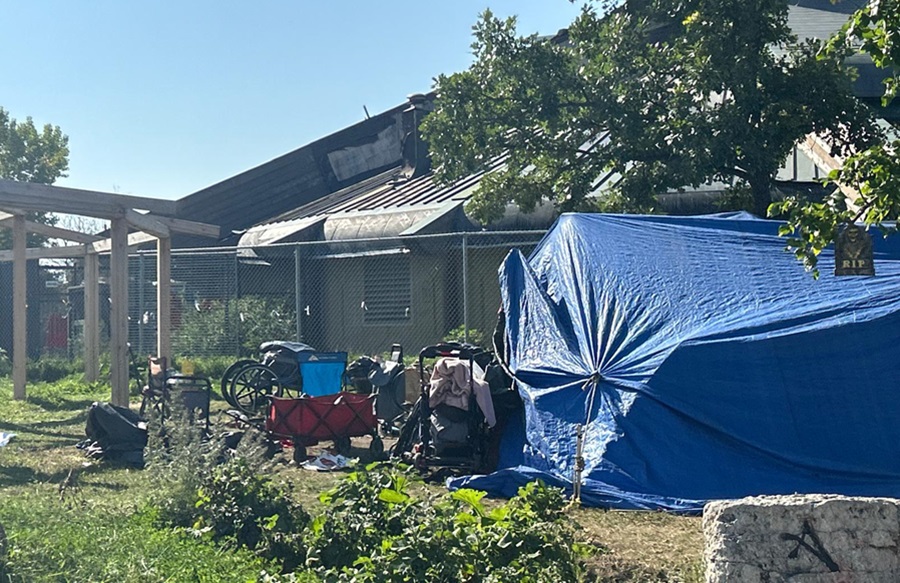
This is failure on every level—municipal, provincial, and federal.
Amid the statistics and finger-pointing, there are real people. During a visit to one of Winnipeg’s homeless encampments, a man told me, “Nobody wants to be here. If I had a place with food, warmth, and rehab, I’d go today.” His voice was tired but clear, and it cut through the noise of excuses. He wasn’t asking for luxury. He wasn’t demanding more studies. He was simply saying: give me a safe place to sleep, give me a chance to heal, and I’ll take it.
That statement should shame every politician who stands at a podium announcing new funding while knowing full well that people like him will remain in the cold tonight.
Former Mayoral candidate Don Woodstock has been blunt: “If we truly are our brothers’ and sisters’ keepers, then enough excuses—cut the red tape, act now. Winnipeg cannot claim to be a compassionate city while leaving thousands to sleep in the elements. We have the money, we have the land, and we have the ability. What we lack is the will.”
Woodstock is right. The failure is not about capacity—it’s about priorities. Governments somehow find money for stadiums, road projects, and endless bureaucratic expansion. But when it comes to the most vulnerable, they hide behind process.
If this summer’s encampments disturb you, consider what happens when winter sets in. Winnipeg winters are brutal—temperatures plunging to minus 40, snow piling on sidewalks, wind cutting through even the thickest coats. Now imagine sleeping in a tent in that weather. Imagine trying to keep a candle burning just to avoid freezing to death. Imagine frostbite creeping into your hands and feet, untreated infections turning deadly, and no safe place to rest.
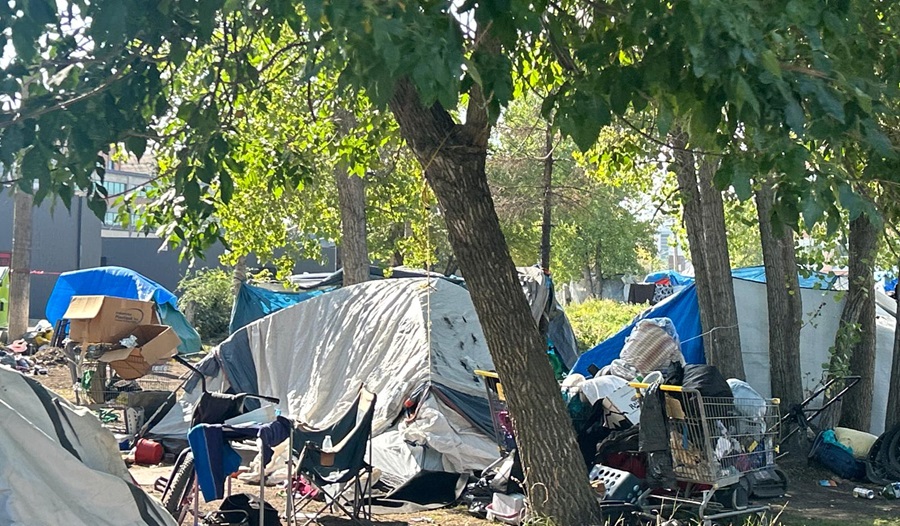
Every year, people die this way in Winnipeg. And every year, leaders shake their heads, offer condolences, and then return to business as usual.
The truth is, the solution is not complicated. It doesn’t require another ten-year strategy. It requires urgency, creativity, and compassion. Winnipeg has vacant buildings. It has land on the edges of the city and in rural areas. Temporary housing units can be erected quickly and cheaply. With proper planning, every homeless person in this city could have a roof within months, not years.
That housing must come with wraparound services—medical treatment, mental health support, addiction rehab, trauma counseling. Shelters alone are not enough. Simply providing a bed without addressing root causes just kicks the problem down the road. But if we invest in facilities that restore dignity and build pathways to independence, we can break the cycle.
Yes, some will resist shelters due to safety concerns or past negative experiences. That is why the model must be different—safe, dignified, with real treatment. If we build the right facilities, people will come. As that man at the encampment said: “I’d go today.”
It’s time to stop celebrating half-measures. Until every person is off the streets, every level of government should wear this crisis as a badge of shame. City Hall sits blocks away from sprawling encampments. The mayor promised action three years ago, yet Main Street tells the truth: nothing has changed. Promises without delivery are lies, and no leader deserves a second term if homelessness worsens under their watch.
We need accountability that matches the scale of the crisis. Stop dividing funds into dozens of competing organizations. Stop watering down resources until they evaporate into reports and salaries. Take the money and invest directly in housing and treatment. One citywide, unified approach—not thirty fragmented ones.
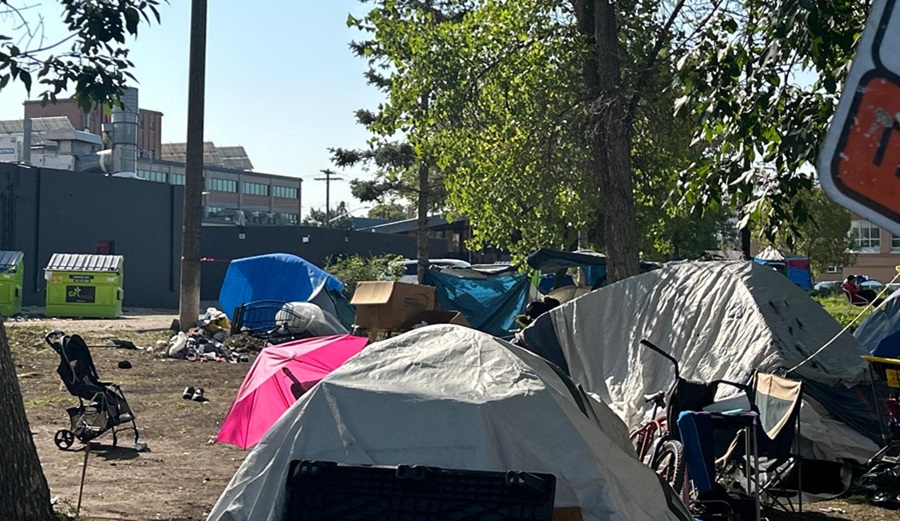
The cost of doing nothing is immense. Firefighters working endless overtime. Emergency rooms filled with preventable cases of frostbite, pneumonia, and overdose. Police bogged down in calls they should never have to handle. Downtown businesses suffering as customers avoid areas plagued by visible suffering. Residents losing patience as garbage piles up. And above all, lives wasted in cycles of trauma, addiction, and despair.
It’s not just a social issue—it’s an economic one. Providing real housing and services costs less than endlessly managing the fallout.
The question Winnipeg must ask itself is simple: Are we better than this? Are we our brothers’ and sisters’ keepers, or are we content to walk past suffering with our eyes down? If we have money for wars, stadiums, and flashy projects, how do we justify not having money for the most basic human need—shelter?
This is a test of leadership, yes, but more than that, it’s a test of our humanity. The solutions exist. The resources exist. The need is undeniable. What’s missing is the courage to say: not another winter, not another death, not another year of excuses.
Enough is enough.
Winnipeg doesn’t need more promises. It needs action—immediate, bold, unapologetic action. The dignity of our city depends on it.

